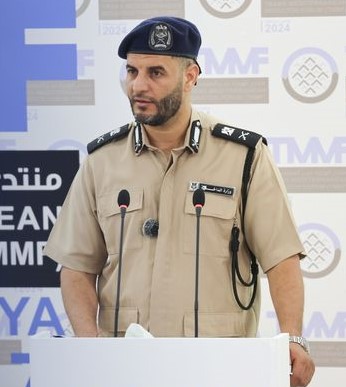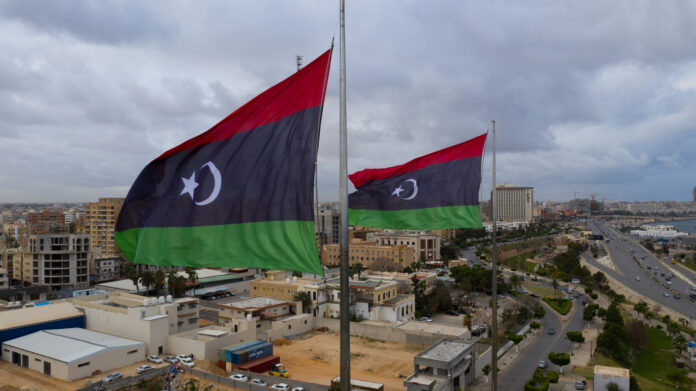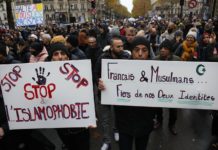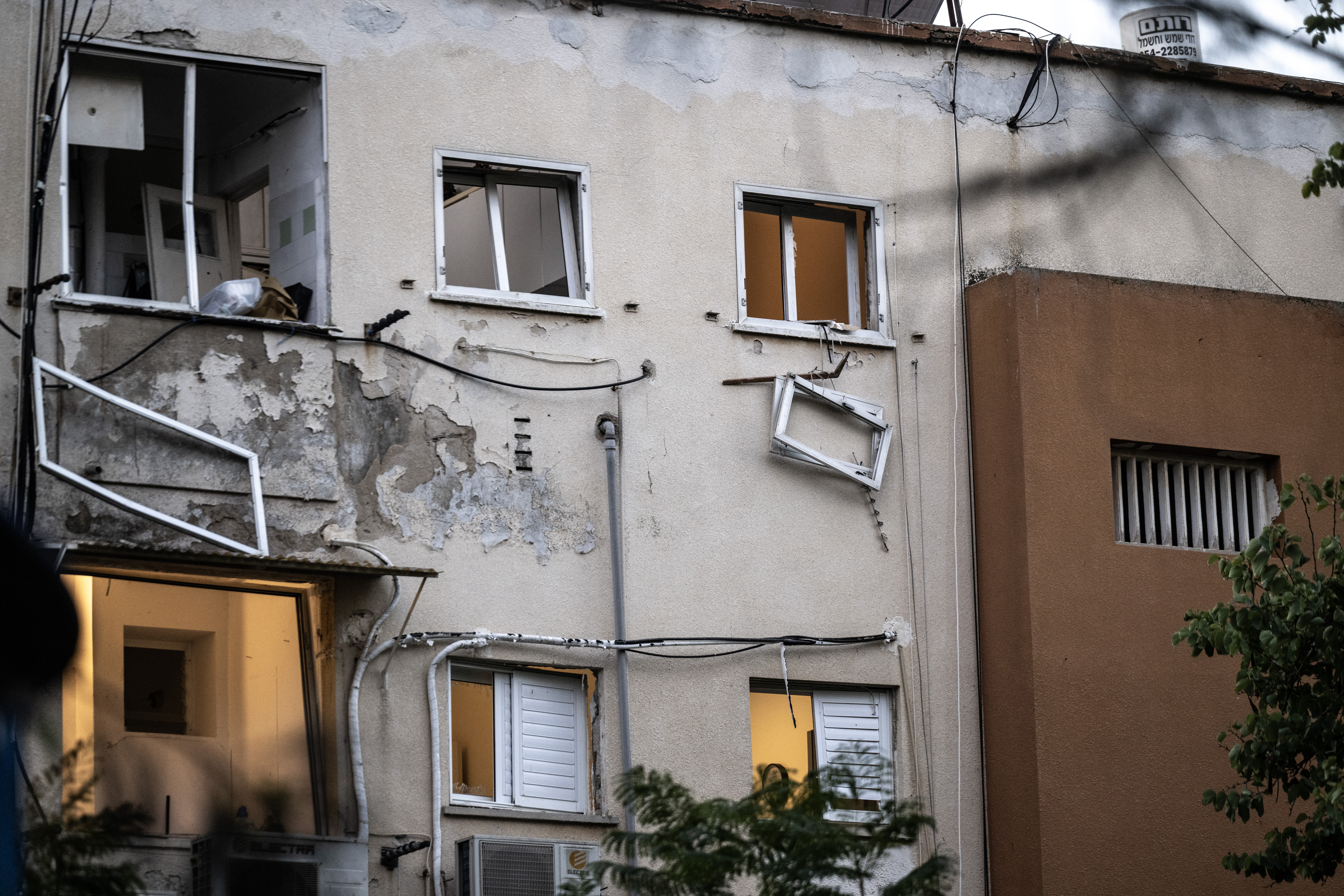Libya’s Interior Minister has announced plans to enforce Islamic morality such as mandatory hijab, restricting Western clothing and banning mixed gender gatherings.
At a recent conference, Imad al-Tarabulsi said he is working on plans to introduce a “morality police” and a women’s police unit, aimed at countering behaviours he believes undermine Libya’s traditional identity.
Al-Tarabulsi detailed a series of initiatives set to launch next month, including bans on “inappropriate” hairstyles for young men, restrictions on Western-style clothing, social media monitoring, and the prohibition of mixed-gender gatherings in public spaces.
The minister also announced plans to make the hijab mandatory in schools from the fourth grade onward, as well as place restrictions on women’s travel, specifically requiring women to be accompanied by a mahram (a male guardian) for certain trips.
He said: “Anyone who wants to live freely should go and live in Europe,” underscoring his commitment to protecting Libya’s cultural fabric from what he perceives as harmful foreign influences.
Al-Tarabulsi’s proposals have found strong support among Libyans who feel their cultural values are eroding amid growing globalisation. Supporters see the initiative as a long-awaited step toward preserving social standards they feel have weakened over the years.
International organisations, however, have voiced opposition to these initiatives, arguing that they could increase restrictions on individual freedoms.
Subscribe to our newsletter and stay updated on the latest news and updates from around the Muslim world!

Amnesty International, for example, issued a statement condemning al-Tarabulsi’s proposals, warning that they “represent a dangerous escalation” that could deepen repression in Libya.
Amnesty further noted that the “threats of the Minister of Interior to suppress basic freedoms in the name of morality” may lead to even stricter controls in a country still grappling with political instability.
The proposals are likely to take effect only in certain areas as Libya has been divided between two main rival governments since the ouster of Muammar Gaddafi in 2011.
The Government of National Unity (GNU), is based in Tripoli in the west and is internationally recognised.
In contrast, the east is controlled by the Government of National Stability (GNS), supported by Khalifa Haftar’s Libyan National Army (LNA), which operates out of Tobruk.
Despite international efforts to unify Libya through elections, these have been repeatedly delayed due to disagreements over the legal framework, candidate eligibility, and the political environment necessary for fair elections.
The failure to hold elections as planned has deepened the political impasse, with both governments claiming legitimacy.
The presence of numerous armed groups affiliated with different factions continues to undermine stability. These groups often engage in localised conflicts, especially in the south, over resources and territorial control. The security situation is particularly volatile in places like Tripoli, where rivalries among these groups can lead to outbreaks of violence.
External powers have significant influence over Libyan factions. For instance, Egypt, Russia, and the UAE support Haftar, while Turkey has backed the Tripoli-based government. This foreign involvement complicates the internal political dynamics, turning Libya into a proxy battleground to some extent.





















